Neurointerventional Radiology
Our team is world-renowned for its expertise in minimally invasive therapies for brain tumors, spinal compression fractures and neurovascular conditions.
Neurointerventional Radiology Procedures We Perform
We perform neurointerventional radiology procedures in a sophisticated suite with the latest equipment and imaging technology.
Areas of expertise include:
Stroke Treatment and Prevention
Our UMass Memorial Medical Center - University Campus is designated a Primary Stroke Center by the Massachusetts Department of Public Health. We offer more neurointerventional emergency stroke treatments than any other hospital in the state.
Options include:
- Thrombolysis: Neurointerventional radiologists delive clot-busting drugs through a vein to restore blood flow to the brain.
- Mechanical thrombectomy: We use a device to remove clots that do not respond to medications.
- Stent placement: We place hollow mesh tubes (stents) in narrowed arteries to prevent a stroke.
Brain Aneurysm Treatment
UMass Memorial is a leader in minimally invasive treatments for brain aneurysms. This condition occurs when a weak spot in a blood vessel bulges and fills with blood. Aneurysms that burst (rupture) can be life-threatening.
We prevent and treat them with neurointerventional radiology procedures that include:
- Flow diverter technology: Experts at UMass Memorial pioneered the development and use of this device. We place it in the artery to divert blood flow away from an aneurysm.
- Coil embolization: Neurointerventional radiologists place curled platinum coils in the aneurysm. The coil expands to fit the bulge’s shape, preventing blood from entering.
- Balloon- or stent-assisted coil embolization: This method is for aneurysms with a wide opening and those in large vessels. We may use a tiny balloon to widen a narrowed vessel, place a stent to keep it open and use a coil to fill the aneurysm.
Neurointerventional Procedures for Chronic Back Pain
If standard back pain therapies are not successful, you still have options. Neurointerventional radiologists offer advanced procedures to relieve pain from spinal compression and compression fractures.
Treatments for chronic back pain resulting from spinal compression include:
- Kyphoplasty: We inflate a tiny balloon in the fracture to relieve compression and fill it with bone cement. This procedure restores the natural shape of the bone and stabilizes your spine. Learn more about kyphoplasty.
- Vertebroplasty: Neurointerventional radiologists inject bone cement through a small skin puncture directly into a fractured vertebra. Find out more about vertebroplasty.
- Spinal radiofrequency ablation: This treatment destroys targeted areas of nerve tissue, preventing it from sending pain signals to the brain.
Why Choose Us for Neurointerventional Radiology?
Pioneering Efforts
Our team has made significant contributions to the field, giving you access to an uncommon level of expertise. UMass Memorial was the first hospital in the U.S. to use low-dose radiation X-rays to treat brain and spine conditions. We have also developed stroke treatment techniques that are now in practice worldwide.
Developing New Treatments and Technology
In collaboration with the UMass Memorial New England Center for Stroke Research, our team is exploring new interventional methods, imaging technology and medical devices for treating neurovascular disease. These efforts give you access to innovative options years before they become the standard of care.
Coordinated Care
Our neurointerventional radiologists work closely with primary care providers and other referring physicians. We provide timely updates about your diagnosis and response to treatment and are easy to reach when your provider has questions. Our approach helps you receive seamless services, even for complex conditions.
Our Radiology Locations
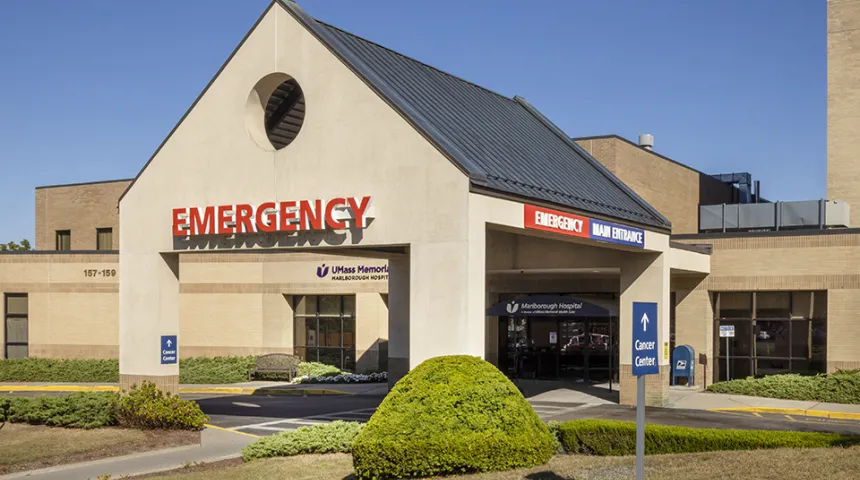
UMass Memorial Medical Center - Marlborough Campus
157 Union Street,
Marlborough, MA 01752

UMass Memorial Medical Center - University Campus
55 Lake Avenue North,
Worcester, MA 01655
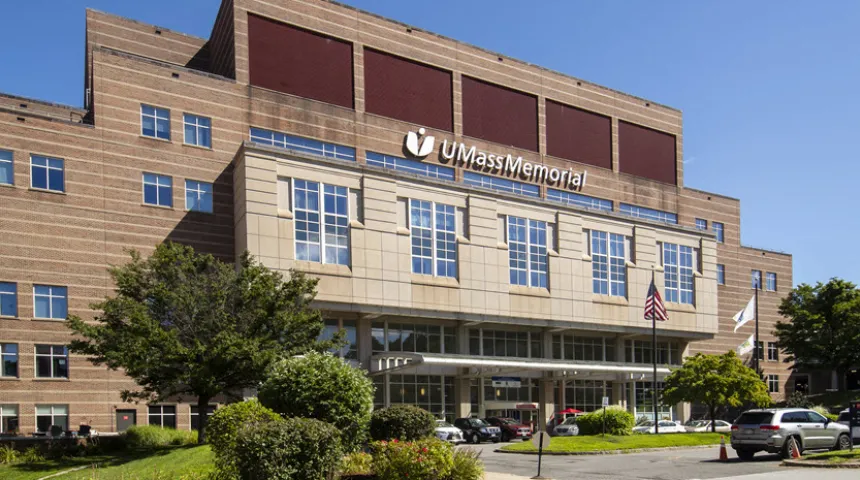
UMass Memorial Medical Center - Memorial Campus
119 Belmont Street,
Worcester, MA 01605
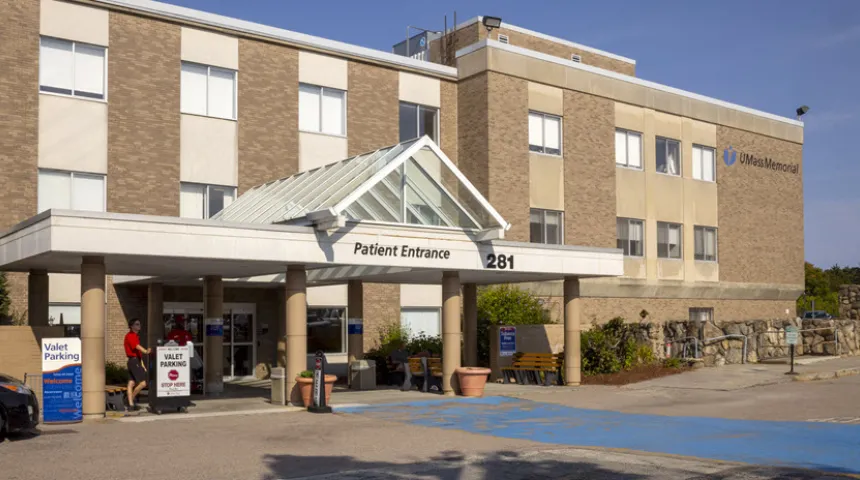
UMass Memorial Medical Center - Hahnemann Campus
281 Lincoln Street,
Worcester, MA 01605
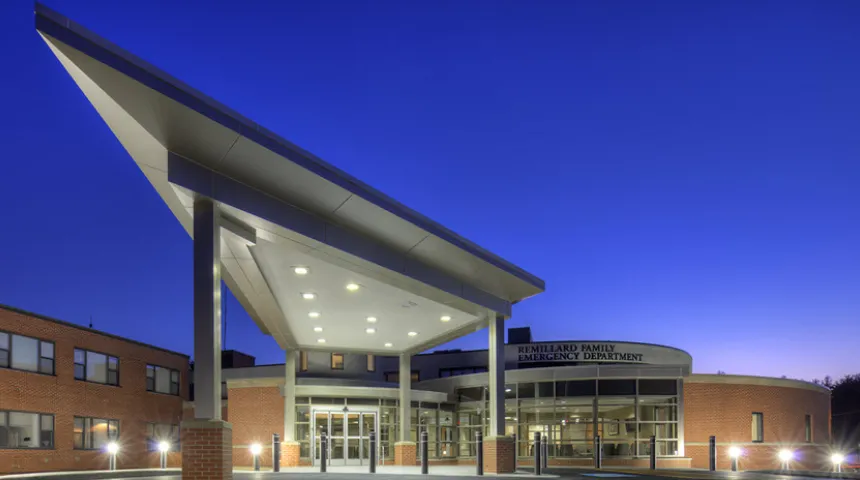
Harrington Hospital - Webster Campus
340 Thompson Road,
Webster, MA 01570
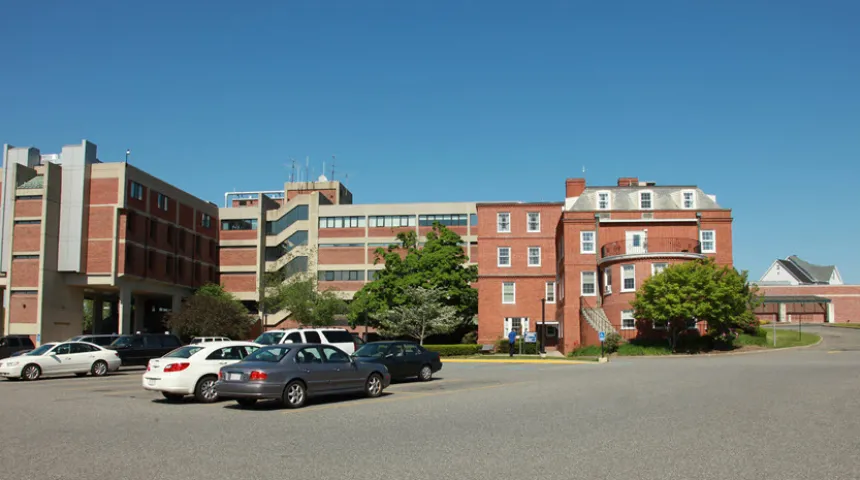
Harrington Hospital - Southbridge Campus
100 South Street,
Southbridge, MA 01550
Refer a Patient
UMass Memorial providers can place orders or refer patients through EPIC. Community providers can receive assistance through Physician Concierge Services (PCS). You can also reach PCS by calling 800-431-5151 or emailing pcs@umassmemorial.org.
Get Started
Patients can call 855-UMASS-MD (855-862-7763) to schedule neurointerventional radiology services.
